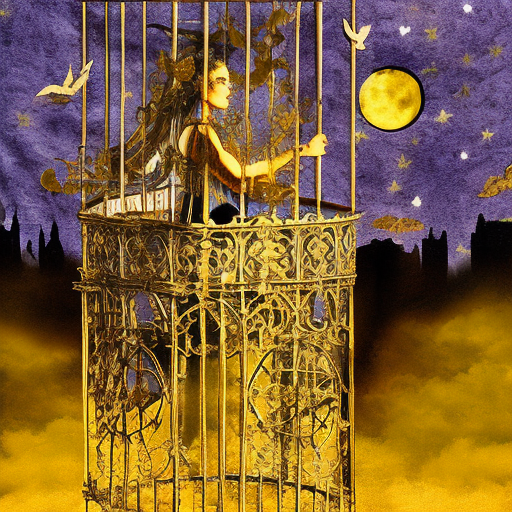Roman Holiday by William Wyler
Summary: A princess escapes her royal duties and embarks on a whirlwind adventure in Rome, where she falls in love with an American journalist, leading to a bittersweet romance.
Main Cast and Crew:
- Director: William Wyler
- Writer(s): Ian McLellan Hunter, John Dighton
- Key Actors: Audrey Hepburn as Princess Ann, Gregory Peck as Joe Bradley, Eddie Albert as Irving Radovich
- Music Director: Georges Auric
- Director of Photography: Henri Alekan
- Producers: William Wyler, Paramount Pictures
Plot:
Princess Ann, tired of her demanding royal schedule, sneaks out of her embassy in Rome and experiences the city incognito. She meets Joe Bradley, an American journalist, who, unaware of her true identity, offers her shelter for the night. The next day, Joe realizes that the woman he spent the evening with is the princess and sees an opportunity for an exclusive story. He decides to accompany her on her escapades, pretending to be her tour guide while secretly planning to write an exposé.
As Ann explores Rome with Joe, she discovers a world beyond her royal obligations. They visit famous landmarks, mingle with locals, and share intimate moments. Despite their initial intentions, Joe and Ann develop a genuine connection, and their friendship blossoms into a tender romance. However, the truth about Ann’s identity looms over their relationship, threatening to tear them apart.
Themes and Motifs:
One of the central themes in “Roman Holiday” is the pursuit of freedom and self-discovery. Princess Ann longs for a taste of ordinary life, away from the constraints of her royal position. Through her adventures with Joe, she learns to embrace spontaneity and find joy in the simple pleasures of life. The film also explores the theme of sacrifice, as both characters must make difficult choices between personal desires and duty.
The motif of duality is prevalent throughout the movie. Ann lives a double life, concealing her true identity while experiencing the city as an ordinary woman. This duality extends to Joe, who must navigate his conflicting roles as a journalist seeking a scoop and a man falling in love.
Reception and Legacy:
“Roman Holiday” was met with critical acclaim upon its release in 1953. Audrey Hepburn’s breakout performance as Princess Ann earned her an Academy Award for Best Actress, solidifying her status as a Hollywood icon. The film also received nominations for Best Director, Best Screenplay, and Best Supporting Actor for Eddie Albert.
The legacy of “Roman Holiday” extends beyond its accolades. It remains a beloved classic, known for its enchanting story, captivating performances, and picturesque portrayal of Rome. The film’s influence can be seen in subsequent romantic comedies, inspiring the genre’s tropes and conventions.
Recommendation:
“Roman Holiday” is a timeless romantic comedy that combines charm, wit, and heartfelt performances. With its enchanting story and beautiful cinematography, it transports viewers to the romantic streets of Rome. Audrey Hepburn’s radiant presence and Gregory Peck’s charismatic performance make for a captivating on-screen duo. Whether you’re a fan of classic cinema or simply in search of a delightful love story, “Roman Holiday” is a must-watch.
Memorable Quote:
Princess Ann: “I have to leave you now. I’m going to that corner there and turn. You must stay in the car and drive away. Promise not to watch me go beyond the corner. Just drive away and leave me as I leave you.”
Joe Bradley: “All right.”
Princess Ann: “I don’t know how to say goodbye. I can’t think of any words.”
Joe Bradley: “Don’t try.”
[They kiss]
Princess Ann: “Thank you.”
Joe Bradley: “Thank you. Thank you.”
[They part ways, and Joe watches as Ann disappears around the corner, driving away with a bittersweet farewell.]












